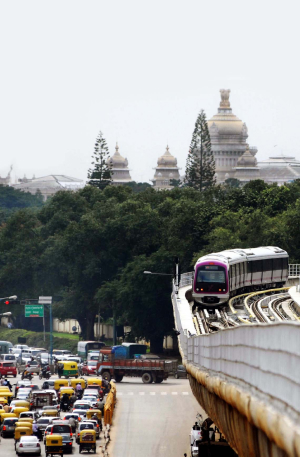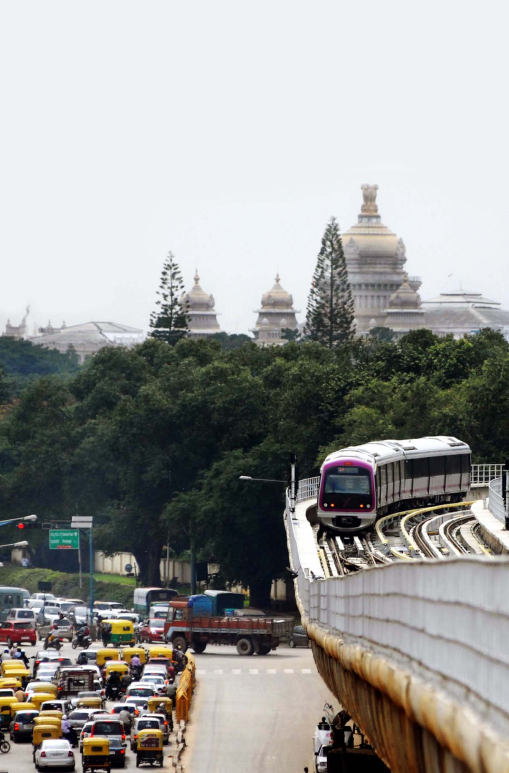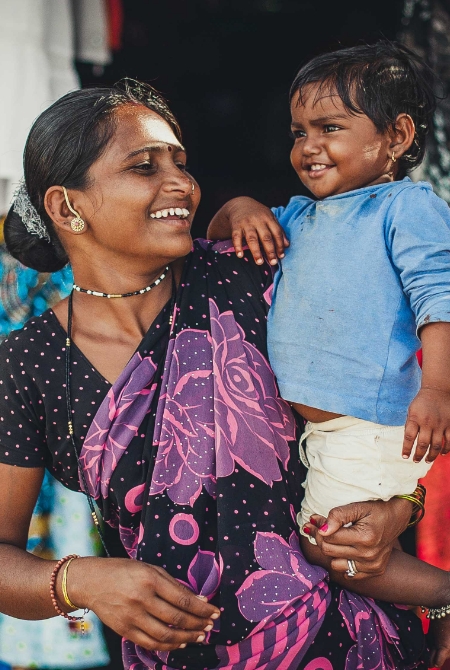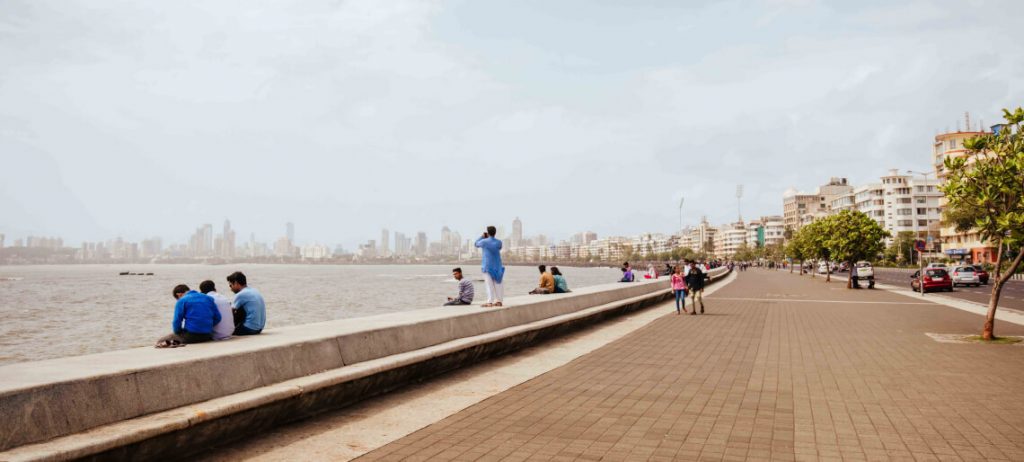Theory of Change
A philosophy two
decades in the making
There are multiple challenges that afflict our cities – from potholes and pollution to inefficient waste management and poor infrastructure.
To resolve them conclusively, we must recognise them as symptoms of a bigger problem: poorly designed, ineffectual city systems.

Addressing root causes to resolve recurrent challenges
City-systems refer to the government machinery that delivers services and infrastructure. This includes laws, policies, institutions, processes, capacities, and frameworks.
It is a holistic way of thinking about cities and a sustainable way to address the problems they face.

Addressing root causes to resolve recurrent challenges
City-systems refer to the government machinery that delivers services and infrastructure. This includes laws, policies, institutions, processes, capacities, and frameworks.
It is a holistic way of thinking about cities and a sustainable way to address the problems they face.
Governance
determines quality of life
A city’s health can be transformed by four interrelated components:
Urban planning and design
Towards cities that address the needs of different demographics through inclusive, mindful design.
Urban capacities and resources
Strengthening government capacities and enhancing resources through training, process improvements, and technology.
Empowered and legitimate political representation
Improving voter participation and empowering elected representatives with information and tools to impact local governance.
Transparency, accountability, and participation
Activating citizen participation and enhancing transparency and accountability in governance.

A puzzle with many moving parts
Of the several factors that determine urban quality of life, we have sharpened our focus on the four interrelated aspects of:
01 Public Health
02 Environment
03 Women
04 Urban Poor
Bringing City-Systems Alive
Working at the intersections of environment, public health, women, and the urban poor allows us to affect real, tangible change. Change that has a ripple effect across city-systems and demographics.
A focus on women and the urban poor translates into inclusive, improved infrastructure and services for all. Efforts to better the environment can lead to better public health.
These outputs and outcomes serve as encouraging proof of concepts for the way forward.
We approach urban governance reform through:
01
Civic Participation
Making it easier for citizens to actively engage and participate in the governance of their neighbourhoods and cities.
Civic Participation
Making it easier for citizens to actively engage and participate in the governance of their neighbourhoods and cities.
Journey
Janaagraha was founded in December 2001 by Swati and Ramesh Ramanathan. The duo’s contrasting experiences as citizens in Indian and global cities inspired them to pioneer citizen participation and urban governance reforms in India.
Journey
Janaagraha was founded in December 2001 by Swati and Ramesh Ramanathan. The duo’s contrasting experiences as citizens in Indian and global cities inspired them to pioneer citizen participation and urban governance reforms in India.




